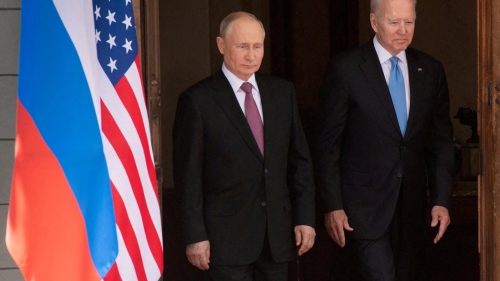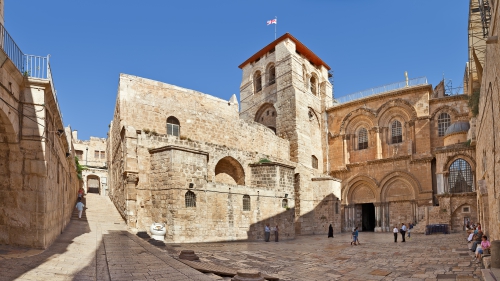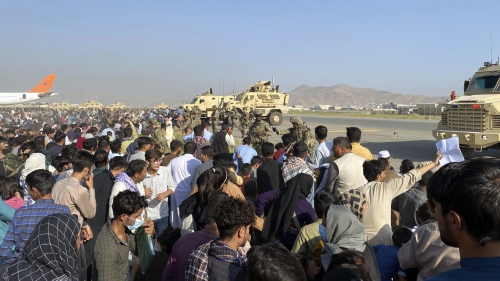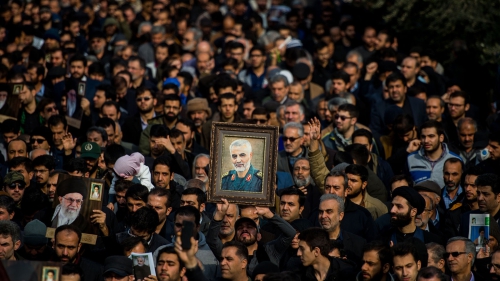Through Noora's Eyes
(Editor's note: The following is the second of a series of reports from a four-person team of Voices in the Wilderness, an organization which actively seeks an end to the sanctions against Iraq. The team has been living with families in Basra's Jumuhriya neighborhood since July 12 and will remain until September, insha' Allah. You can visit their website at http://www.nonviolence.org/vitw/)
Upon our team's arrival in Basra, I met Hani, one of our hosts, a proud Iraqi man, soon to become a protective "Baba" figure for me. Hani fixes telephones by trade, but under sanctions, telephones are rare, though they were previously commonplace. So Hani has expanded his repairing to include most household fixtures.
Hani took me to meet his family in Al Jumhuriyah, an extremely poor district of Basra, where our team has been graciously welcomed for a two-month visit. One of Hani's daughters, Noora, is a beautiful little shy-but-playful girl. She became my new friend at once. Noora has already left an indelible mark in my mind and heart of the forgiveness of the Iraqi people for those of us just arrived from the country whose policy of sanctions ignores all but one Iraqi - the President.
In Hani's meager three room home, with plastered walls crumbling, he points out each of his seven children, his wife, his son's wife and children, and then to a large framed picture on the wall. In his broken English he says, "This is Hudah, age 8 and Hibeh, age 4." I saw two precious dark-haired girls smiling in the picture. The room grew quiet. Hani then pointed to a 3 x 3 foot hole in the living room ceiling, now patched with scraps of metal. "On March 23, 1991, this is where my girls were killed when a bomb came through our house." I stammered out an inadequate "ana asif" ("I'm sorry). I said that I hoped to be a conduit to convey the Iraqis' experiences to Americans.
This family suffered from the Gulf War, but nine years later, cannot escape the slow killing grip of sanctions. I said that our team had come to live on these streets to help get their story out.
These streets do reflect the sanctions. Last night I helped little Noora take out the household trash. She led me around the corner and threw the trash into a huge pile in the middle of the street. A similar mound can be found on every block here. Noora explained to me in sign language that a truck comes to push it away sometimes. The stench and thickness of the pile spoke for itself, but I learned that it is only once per month that these families see removal of the waste.
Before sanctions left the city's trucks broken down with no replacement parts allowed form the UN's "Committee 661," these families enjoyed daily sweeping, spraying, and dumpster removal on their streets. Now, I see harried, gaunt people picking through the trash, and women washing their dishes in the street water - even with all this filth.
Yet somehow Noora still takes my hand and begins to skip back home. We run and laugh, then secretly make faces at each other when it is time to sleep (with the family on one big mat on the living room floor).
This girl, with the sparkling eyes, was only two when the US bomb ripped through her home and took her sisters. She does not know that our groups go to prison in the U.S. because we protest the making and dropping of these bombs. She does not know I spent 30 days in maximum security prison, with children like her in mind. She does know that I come from a country that is strangling hers with sanctions. And yet somehow she is flirting me into a new card game, dancing, and singing.
And so we skip together down these once clean streets, Noora and I, looking into each other's eyes, and I align myself again with my hope to be a voice for her, and for all these forgotten faces behind the U.S.-led sanctions against Iraq.

















